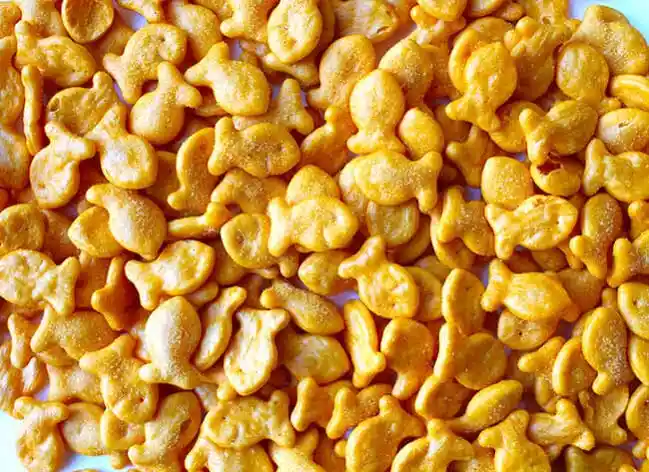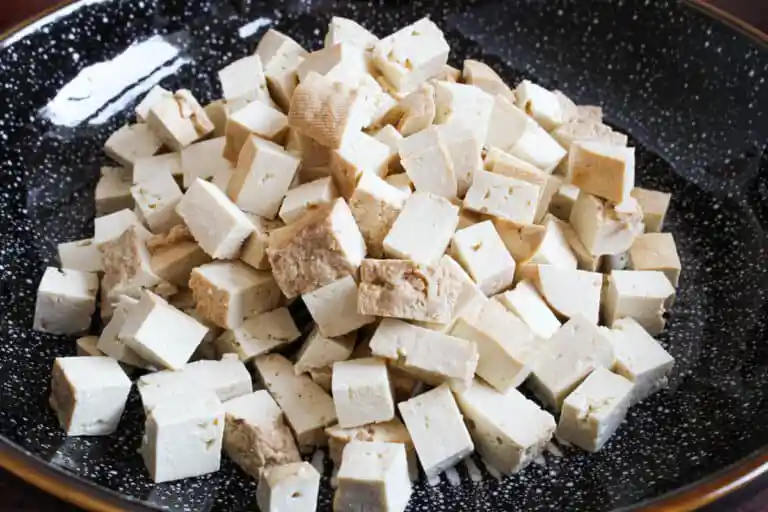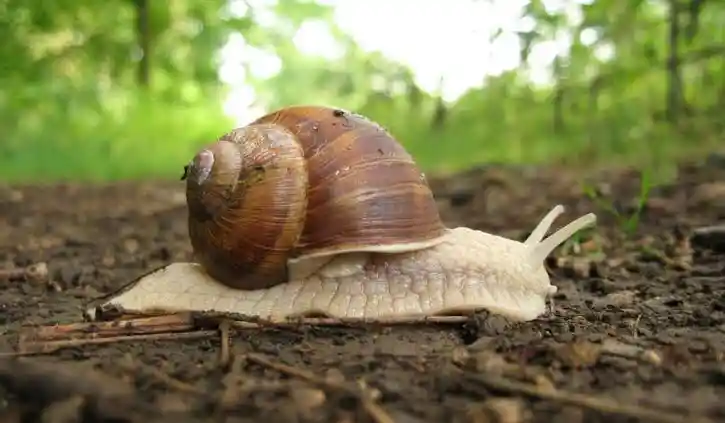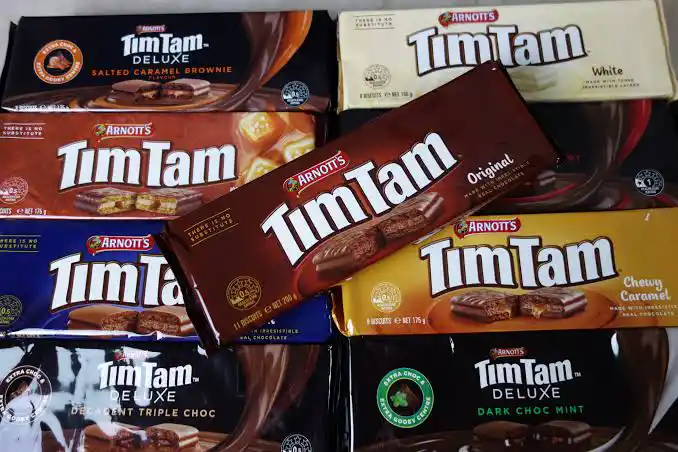Is Goldfish Halal or Haram? Everything You Need To Know
Goldfish crackers are a popular snack that many people enjoy. They are a small, bite-sized cracker that is shaped like a fish and comes in a variety of flavors.
Advertisements
One question that may come up for some people is ‘Is Goldfish Halal?’. Halal refers to foods that are permissible for Muslims to consume according to Islamic law.
Is Goldfish Halal?
The short answer is it depends. Goldfish is considered to be halal as long as they do not contain any non-halal ingredients, in order words if it the ingredients are plant based and have no animal products. All of the varieties of Goldfish contain at least one doubtful ingredient, mainly cheese (dairy product which is an animal by-product), meaning none are fully suitable for a halal diet.
Why Goldfish Are Not Halal?
Unfortunately, Goldfish crackers are not suitable for halal diet as all of the flavors contain at least one animal product, which is saddening since the remaining ingredients are considered plant-based.
This means that Goldfish products are more or less one ingredient away from being halal.
Advertisements
Let’s look at each Goldfish flavor and analyze its ingredients.
Each and every flavor of Goldfish contains at least one ingredient made from an animal product, which effectively strikes them off the halal-friendly food options list
Ingredient To Look Out For
Goldfish have an ingredient that need to be looked out for by those following a halal diet.
All flavors of Goldfish contain milk derivatives, including ingredients such as nonfat milk, cheddar cheese, Parmesan, butter, and cultured milk.
These products, all being from cow’s milk, might halal or not halal, and therefore alone make Goldfish crackers not suitable for a halal diet.
Advertisements
To take it one step further, Parmesan cheese is made using animal rennet, which is an enzyme found in the fourth stomach of a young, un-weaned calf.

IslamQA stated that if the rennet is taken from an animal that has been slaughtered according to Shariah, then it is pure and can be eaten.
If the rennet is taken from an animal that dies naturally, or that was not slaughtered in accordance with Shariah, it is impure and should not be eaten.
Advertisements
This is according to the Hanafis, Maalikis, Shaafa’is and Hanbalis. They base this ruling on the aayah (interpretation of the meaning):
“Forbidden to you for food) are: al-maytatah (dead animals – cattle-beast not slaughtered)”
Surah al-Maa;idah 5:3
The rennet becomes impure by virtue of the animal’s death, and it is not possible to remove that impurity from it.
Recommended reading: Are Twizzlers Halal In USA And Canada? (Quick Guide)
Imam al-Nawawi said in al-Majmu’ (9/68):
“The ummah has agreed that it is permissible to eat cheese so long as it is not mixed with anything impure, such as adding rennet from a source that is not halal because it was not slaughtered according to shari’ah. This ijma’ (scholarly consensus) is the evidence for its permissibility.”
However, some scholars held different opinions regarding the ruling on eating the food made from rennet extracted from an animal that was not slaughtered in accordance with the Sharee‘ah.
The opinion which Shaykhul-Islam Ibn Taymiyyah chose is that animal rennet is ritually pure and it is permissible in an absolute sense to eat cheese that is made from animal rennet.
He said: “It was said that there is consensus of opinion among the Companions in this regard.
If they make cheese – and cheese is made with rennet – there are two opinions in this regard, the most preponderant of which is that such cheese is lawful for consumption and the milk and animal rennet of dead animals are ritually pure,
because when the Companions conquered the lands of Iraq, they ate from the cheese made by the Majoos (Magi); and this was something acceptable and common among them.
What was reported that some of them disliked it requires scrutiny, as it was reported on the authority of some scholars of Hijaaz (Makkah and Madeenah), which calls for scrutiny.
The people of Iraq were more knowledgeable of this matter since the Majoos lived in their lands, not in the lands of Hijaaz.
This is proved by the authentic report that Salmaan Al-Faarisi, who was the deputy of ‘Umar ibn Al-Khattaab over Madaa’in (capital of Persia at the time) and used to call the Persians to Islam, was asked about animal fat, cheese, and fur. He replied,
‘The lawful is what Allah has made lawful in His Book, and the unlawful is what Allah has made unlawful in His Book. Whatever He has made no mention of is pardoned.’
Abu Daawood narrated this Hadeeth as Marfoo’, i.e. attributed to the Prophet SAW.
When it comes to enzymes, if these enzymes are extracted from animals that were slaughtered in accordance with the Sharee‘ah, then there is absolutely nothing wrong with eating the food products that contain such enzymes.
But if such enzymes are extracted from dead animals, it is obligatory to avoid them because it is impermissible to eat dead animals or any product whose ingredients include dead animal extracts.
Cheese made with animal rennet other than a pig source is halal. The fuqaha explain, however, that it is better to avoid whenever reasonably possible when its source is unknown because of the difference of opinion between the Sunni schools of Fiqh regarding its permissibility and the doubt therein.
It is better if a person abstains from it. However, the rennet derived from the stomach of a pig is Haram and Impure, provided its original property and chemical makeup do not undergo any severe change.
If nothing impure has been added to vegetarian or synthetic rennet, it will be Halal.
According to Imam Abu Hanifa, the rennet of a dead animal is pure just like an egg.
Imam Abu Hanifa (also said: The milk of the dead animal and its rennet are pure, and the ruling of death does not apply.
Therefore, in Hanafi, if the rennet is extracted from lawful animals it is lawful to consume, regardless if it is slaughtered in accordance to Shariah or not.
Only Allah knows best
Advertisements







